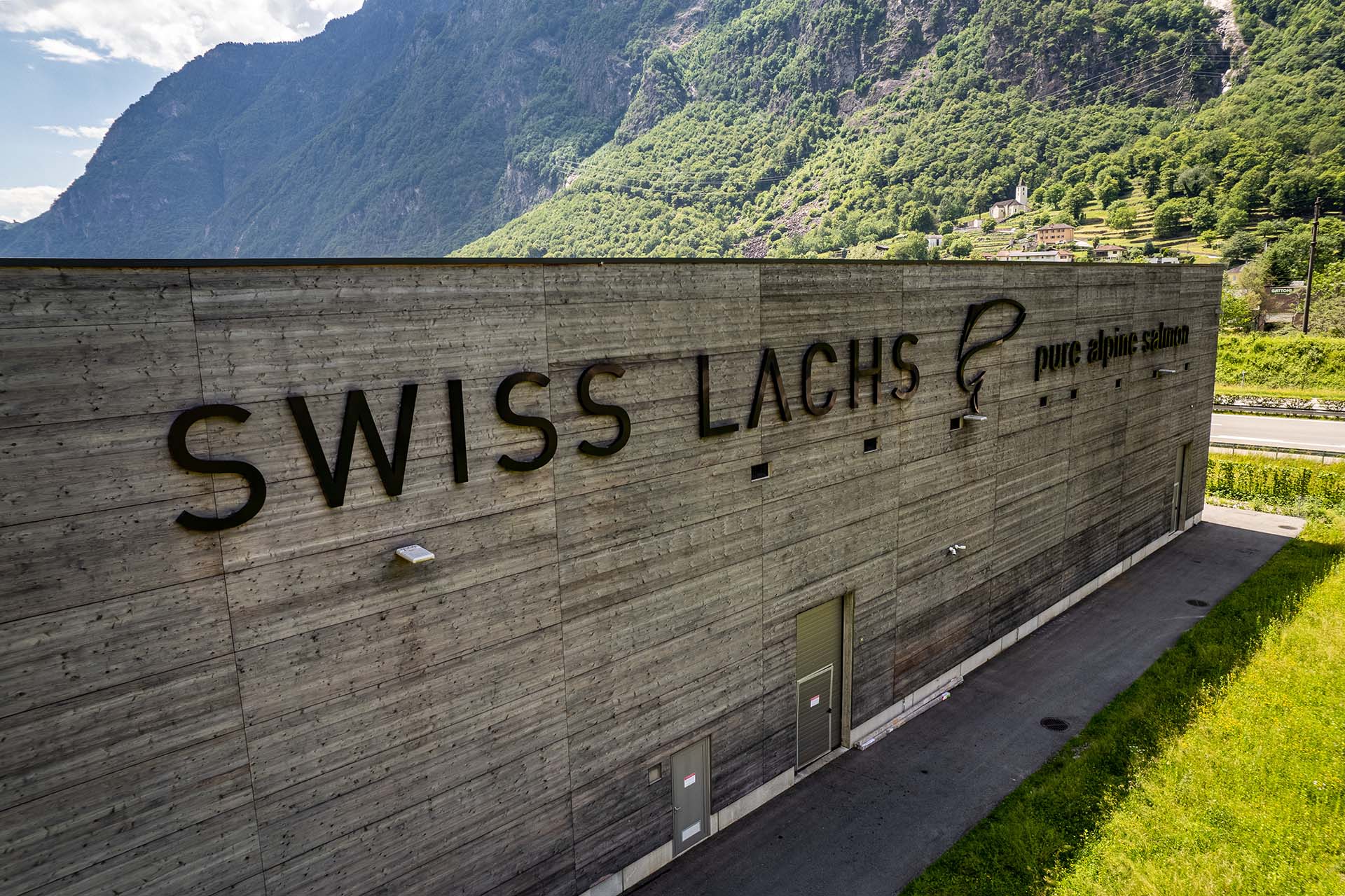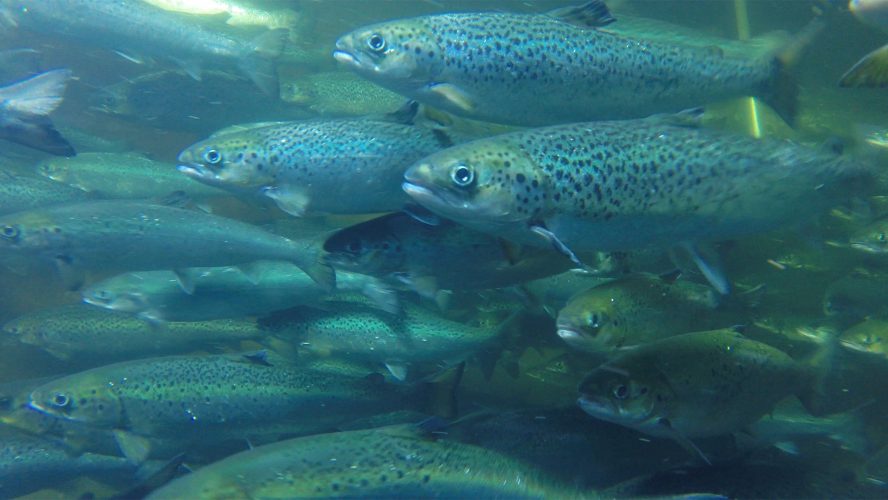SWISS LACHS in Lostallo: Sustainable aquaculture for a sustainable, healthy nutrition

The increasing demand for fish and the threat to natural fish stocks have led to the emergence of aquacultures to meet the demand for fish products. In Switzerland, SWISS LACHS in Lostallo has established itself as a pioneer in sustainable aquaculture. With a clear commitment to environmental protection and ethical responsibility, the company is setting new standards for sustainable and responsible fish production.
Sustainable aquaculture is the solution to increasing demand
Global demand for fish is steadily increasing, as it is an important source of protein and contains many valuable nutrients. Aquaculture offers a solution to the overfishing of the world’s oceans and the protection of endangered fish stocks. SWISS LACHS has created a modern aquaculture facility in Lostallo that is based on sustainable principles while meeting the highest quality standards.
Environmental protection and resource efficiency
SWISS LACHS is committed to minimising the impact of aquaculture on the environment. The Lostallo facility uses closed-loop technology, which minimises water consumption and wastewater pollution. The water used for aquaculture is already filtered groundwater. By using modern filter technologies, the water is purified and reused, which significantly reduces the consumption of fresh water. In addition, the facility’s energy needs are minimised through the use of renewable energy sources such as solar and hydroelectric power.

Species-appropriate husbandry and feeding
SWISS LACHS attaches great importance to the welfare of the fish. The salmon are kept in spacious tanks where they have plenty of room to swim. The different life phases of salmon in nature are recreated as closely as possible in the fish tanks. In Lostallo there are freshwater, brackish water and saltwater pools. Huge propellers provide the necessary current in the large saltwater basin. Salmon are migratory fish and love to swim against the current. The fish food is produced by Biomar and is made up of the following ingredients: Fish meal, wheat gluten, maize gluten, soya meal (non GMO), faba beans, wheat, starch, fish oil and rapeseed oil. The fishmeal comes from slaughterhouse waste from fish processing plants. The proportion of fishmeal in fish feed has been continuously reduced over the last 10 years and still amounts to 20%. The proportion of fish oil in fish feed is 15%.
Transparency and traceability
SWISS LACHS is committed to transparency and enables consumers to trace the origin of salmon eggs through salmon rearing to salmon processing. Consumers can rest assured that the SWISS LACHS they buy has been produced in a sustainable, regional and environmentally friendly manner.
A positive contribution to the regional economy
SWISS LACHS not only creates jobs in the Lostallo region, but also promotes awareness of the region through its choice of location. The operation of a sustainable aquaculture facility creates long-term prospects for economic development and reduces dependence on imported fish.
Conclusion
SWISS LACHS is a pioneering example of sustainable aquaculture and responsible fish farming. The company actively promotes environmental protection, fish welfare and product traceability. With its holistic approach, SWISS LACHS helps to meet the growing demand for fish products without overburdening natural resources. By consciously consuming sustainable SWISS LACHS, consumers can make a positive contribution to the environment while enjoying high-quality and healthy food.



